Online Income Tax Filing has simplified many people’s lives, yet errors can still occur. Don’t worry if you entered incorrect information, missed a deduction, or made an error; there are easy ways to correct it. If you make a mistake when filing your taxes online, follow these steps.
Before jumping into the detailed discussion of this topic, if you need professional help completing your Online Income Tax Filing in India, contact Eazy Startups today. There is no doubt that this process involves a lot of complications, but with the assistance of specialists from Eazy Startups, you can avoid all complications along the path. Contact us for more details.
Now, let’s dive into the discussion of this topic:-
1. Don’t Panic
2. Check Your Tax Return
3. Amend Your Tax Return
4. File the Amendment as Soon as Possible
5. Provide Correct Information
6. Wait for Processing
7. Keep Records of the Changes
Don’t Panic:
When you realize you’ve made a mistake during your Online Income Tax Filing, it’s natural to feel overwhelmed but take a deep breath. When mistakes occur, they can be fixed. The most crucial thing is to take prompt action and cure it by following the correct procedures.
Check Your Tax Return:
Examine the information on your tax return before taking any action. Verify the data you entered again, including your income, credits, deductions, and personal information. The error frequently results from a straightforward typo or omitted field. Finding the mistake will assist you in determining what has to be fixed.
Amend Your Tax Return:
You can file an amended return if you discover an error after submitting your online tax return. If your tax program permits it, you can complete this form online. You can update your information and fix any mistakes with this form.
File the Amendment as Soon as Possible:
As soon as you realize the error, you should submit the adjustment. Although you have three years from the date of Online Income Tax Filing to make changes to your tax return, taking action as soon as possible is usually preferable. Taking care of the error as soon as possible is important since it may result in a larger refund if it involves a missed deduction or tax credit.
Provide Correct Information:
Be sure to enter accurate information while completing the updated return. Make the required adjustments on the form if you provided inaccurate income information or missed a deduction. Add all supporting documentation demonstrating the correct figures, such as statements or receipts.
Wait for Processing:
Allow time for the Income Tax Department to process the updated return after you have filed it. If you don’t notice changes immediately, don’t worry; this could take a few weeks. On the Income Tax India e-filing platform, you can monitor the progress of your revised return.
Keep Records of the Changes:
A copy of your updated return and associated paperwork should always be on hand. All receipts, correspondence with the tax authorities, and supporting documentation should be preserved. These records will be helpful if the Income Tax Department contacts you for clarification or more information.
Final Note
Making a mistake while submitting your taxes online can be annoying, but it’s a simple repair. Examine your return thoroughly, submit an amended return as soon as possible, and preserve all your documentation. The secret is to be organized and move fast. Adhering to these guidelines may guarantee a precise and easy tax filing process. Reach out to Eazy Startups if you are searching for the best place to get professional help and expert guidance with Online Income Tax Filing in India. We provide expert services to help you navigate the procedure and ensure your tax return is error-free. To learn more and receive professional assistance right now, visit our website!

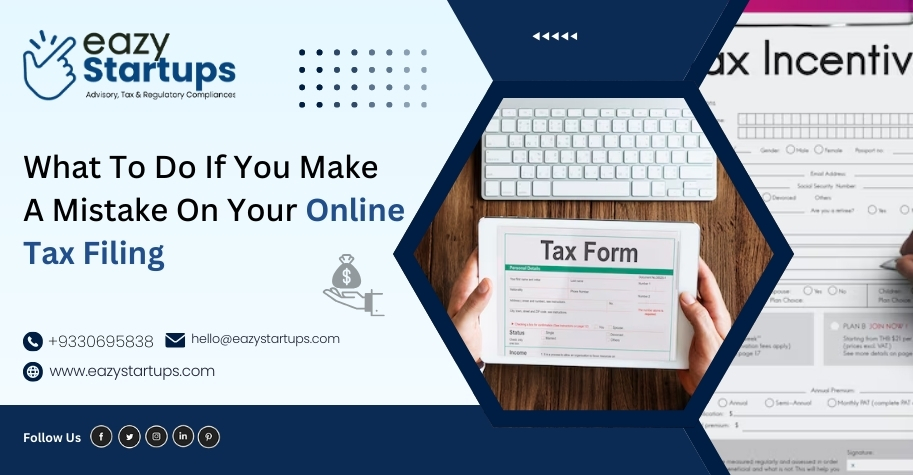
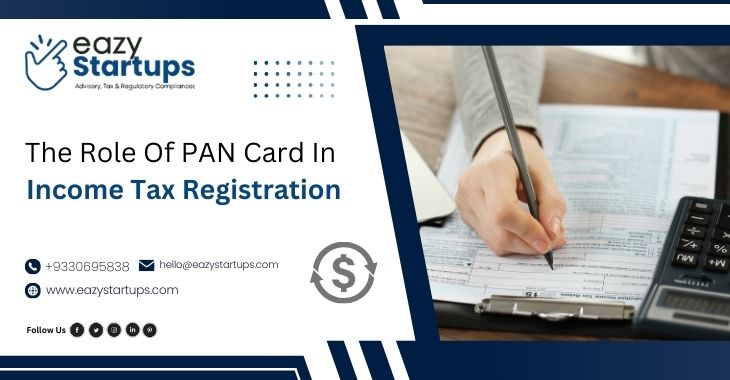

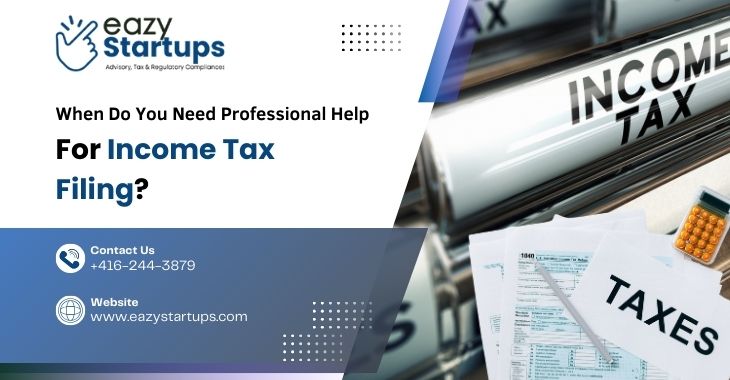


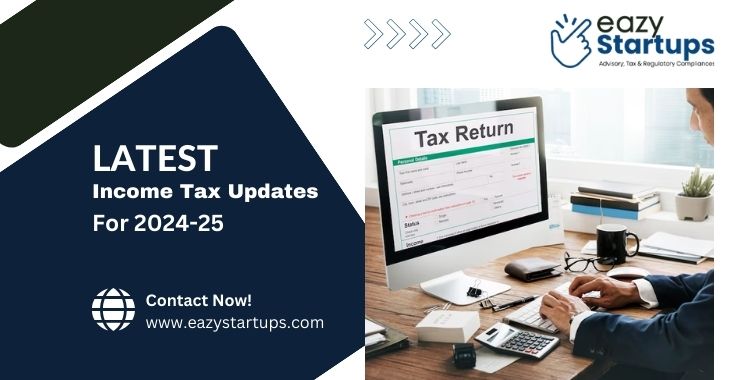
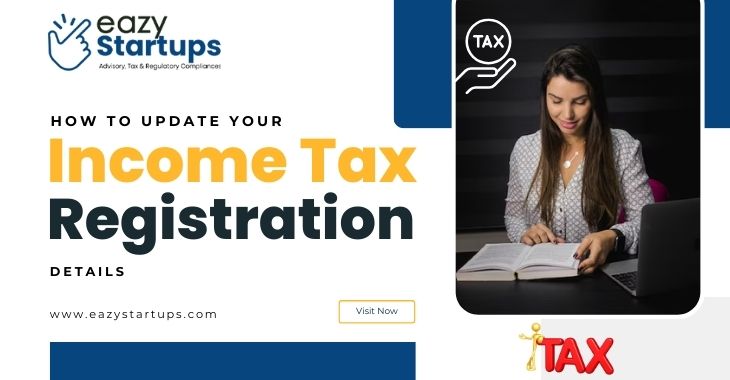


Recent Comments